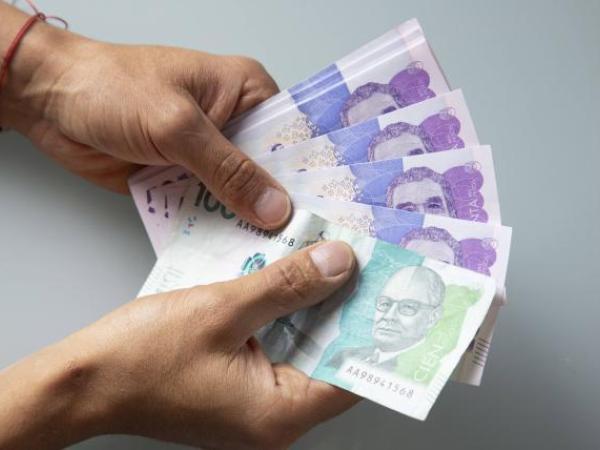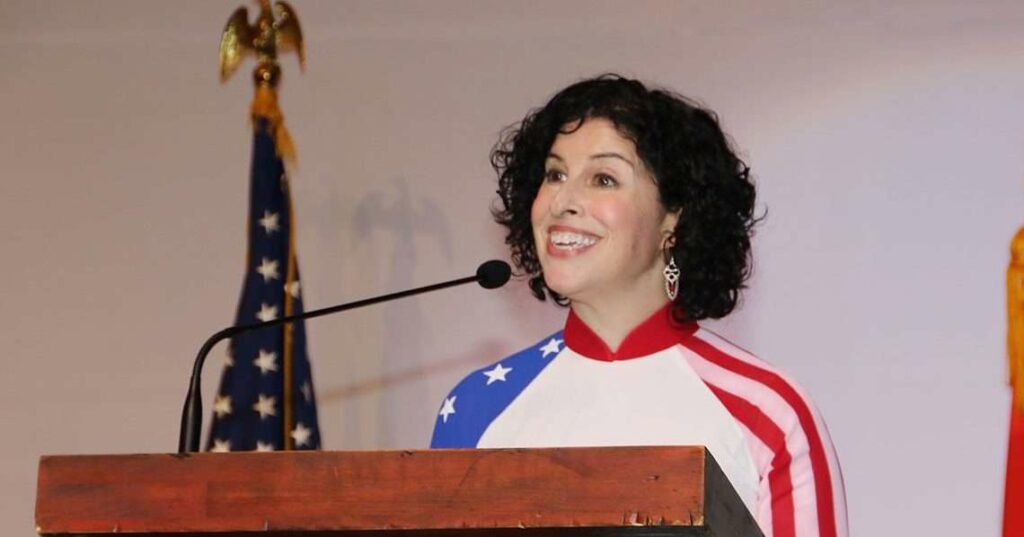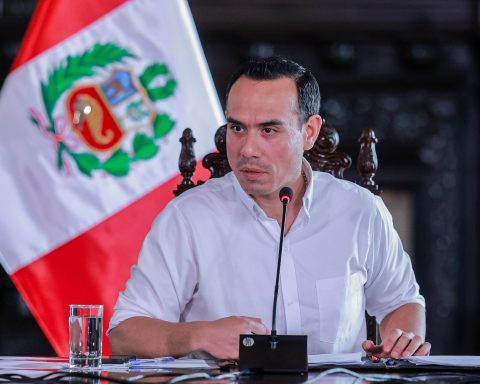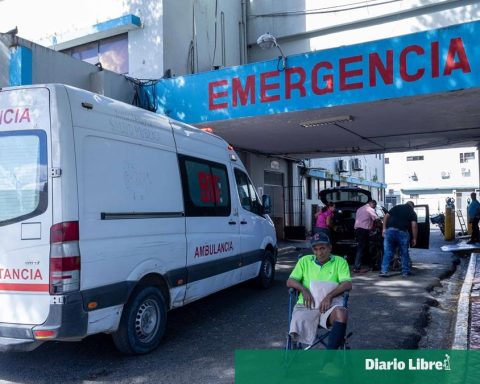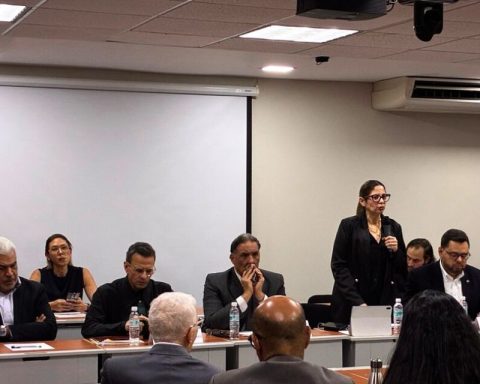The annual inflation data for October, which reached 12.22%was not only slightly higher than market expectations, but also marked a new basis for discussion of the minimum wage which will start in shape in the first days of December.
(See: Minimum wage 2023: is it possible that the increase is 12% and up?).
The figure is the highest in 22 years, and would also bring the wage increase closer to the proportions of two decades ago. Experts consider that could be between 13% and 18%, but also that a very marked increase would have negative effects on the national economy.
“Rarely has fixing the minimum wage been as important as it will be this year. We are in an environment in which inflation is very high, in which growth and employment are going to fall in 2023, the exchange rate is devalued, and if we start playing with the minimum wage, we are not going to improve the welfare of the people, but the only thing we are going to achieve is that all those problems get worse”, assured Mauricio Santamaría, president of the economic studies center Anif.
(See: Minimum wage 2023: how is the bid and what is taken into account).
According to Santamaría, although inflation is already at a high level, and if at least 1.5 additional percentage points (pps) are added on the productivity side, the wage increase would be at most 13%. “That’s where we have to stay, if we go above that we will achieve a very negative effect, this is the time to be responsible“, said.
Despite this, he considered that the increase will be closer to 15% and reiterated that this affects the labor costs of companies and, therefore, in formal contracting. By law, the increase in the minimum cannot be less than the inflation caused and there are usually some additional points for labor productivity. Hence, the latest figures of the variation of the Consumer Price Index (CPI) already mark the base with which the agreement table will negotiate.
(See: The role that the Government should have in the bid for the 2023 minimum).
“The base scenario of our forecast is a minimum wage that can rise around 15%, however, it remains to be seen how the negotiations between the unions and the employers advance, and the bid of the Ministry of Labor and the Ministry of Finance that has to have Keep in mind that, according to the Autonomous Committee of the Fiscal Rule, each percentage point of increase in the minimum wage costs the General Budget of the Nation about $400,000 million a year”, commented Sergio Olarte, chief economist at Scotiabank Colpatria.
Likewise, Andrés Escobar Arango, president of the EConcept consultancy, stated that with an inflation of 12%, the increase in the minimum wage it could be between 15% and 16%, or even ‘a little more’, if the Government defines it by decree.
“The negotiation of the minimum is divided into two moments. One that looks at whether the unions and employers are going to agree on an increase, something that I don’t think will happen this time. So the decision will fall entirely on the shoulders of the Government, and given that the last increase made by President Duque was quite generous, I think that President Petro will not want to be left behind.Escobar assured.
(See: The factors that will determine the rise in the minimum wage for 2023).
LAURA LUCIA BECERRA ELEJALDE
Journalist Portfolio
